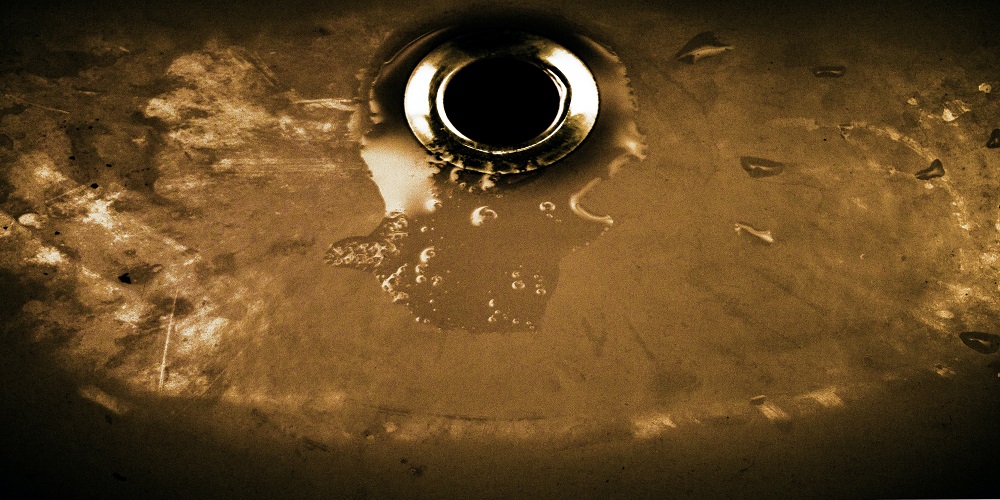Keeping your septic tank healthy is important so it lasts and doesn’t cause problems. Neglecting your septic tank can lead to costly repairs and environmental hazards. Here’s a straightforward guide on how to keep your septic tank in good shape:

Regularly Inspect and Pump Your Septic Tank
Your septic tank requires periodic pumping to remove accumulated solids. The pumping frequency relies on your tank’s size and the household’s occupancy. A widely accepted guideline is to schedule septic tank pumping every 3-5 years.
To ascertain whether your tank requires pumping, assess the levels of sludge and scum. If the scum layer is near the outlet or the sludge layer is near the top, it’s time for a pump-out also if there’s a lot of sludge and scum.
Regularly pump your drain field to prevent system failure and solids from building up. A well-maintained tank ensures efficient wastewater treatment.
Be Mindful of What You Put Down the Drain
What you flush or pour down your drains can significantly impact your septic system’s health. Avoid disposing of items that can clog pipes or hinder the system’s operation. This includes coffee grounds, eggshells, medication, produce stickers, and flour.
Equally important, do not discard oil, grease, fat, or dairy products down the drain. These substances are challenging to break down in the septic tank and can cause blockages.
By being mindful of what enters your septic system, you reduce the risk of backups and extend the lifespan of your tank.
Protect Your Drainfield
The drain field is an essential component of your septic system and is responsible for the final stage of wastewater treatment. It has different pipes buried in the soil, which allow treated wastewater to be absorbed into the ground. To ensure your drain field functions optimally:
- No Parking or Driving
Refraining from parking vehicles or heavy machinery on top of your drain field is crucial. The weight of cars can compact the soil, causing damage to the pipes and absorption area. Compacted soil is less permeable, which can block treated wastewater and cause backups and system failure.
- Avoid Planting Trees and Shrubs
Planting trees and shrubs near the drainfield should also be avoided. Their roots can infiltrate the drainfield pipes, causing physical damage and blockages. Opt for low-rooted plants or maintain a safe distance between the drain field and landscaping to safeguard the system.
- Manage Water Flow
Keep an eye on water management around your property. Divert downspouts and surface water away from the septic tank and drainfield area. Too much water can saturate the soil in the drain field, making it absorb more slowly. This can cause problems with the system. Ensure your property has good grading and drainage to prevent rainwater from pooling near the septic system.
Monitor the Amount of Solids in Your Tank
- Use a Long Stick or Probe
You can use a long stick or a specially designed probe to gauge the thickness of the sludge in your septic tank. Carefully insert the rod or probe into the tank through the access port.
- Understanding When to Pump
To know when to pump your septic tank, check if the sludge layer is 25 to 33 percent full. By being proactive, we can prevent solids from overflowing into the drainfield. This can cause clogs and system failure.
- Professional Pumping
Hiring a professional septic service for tank pumping is essential. They have the equipment and expertise to safely and thoroughly remove accumulated solids. Regular pumping ensures the proper functioning of your septic system and extends its lifespan.
Conclusion
Caring for your septic tank doesn’t have to be complicated. If you follow these guidelines, your septic system will work well and avoid expensive repairs. It will also protect the environment. Regular maintenance is the key to a healthy septic tank and peace of mind. Contact professionals like the Bethany septic supply if you need more help maintaining your tank.

